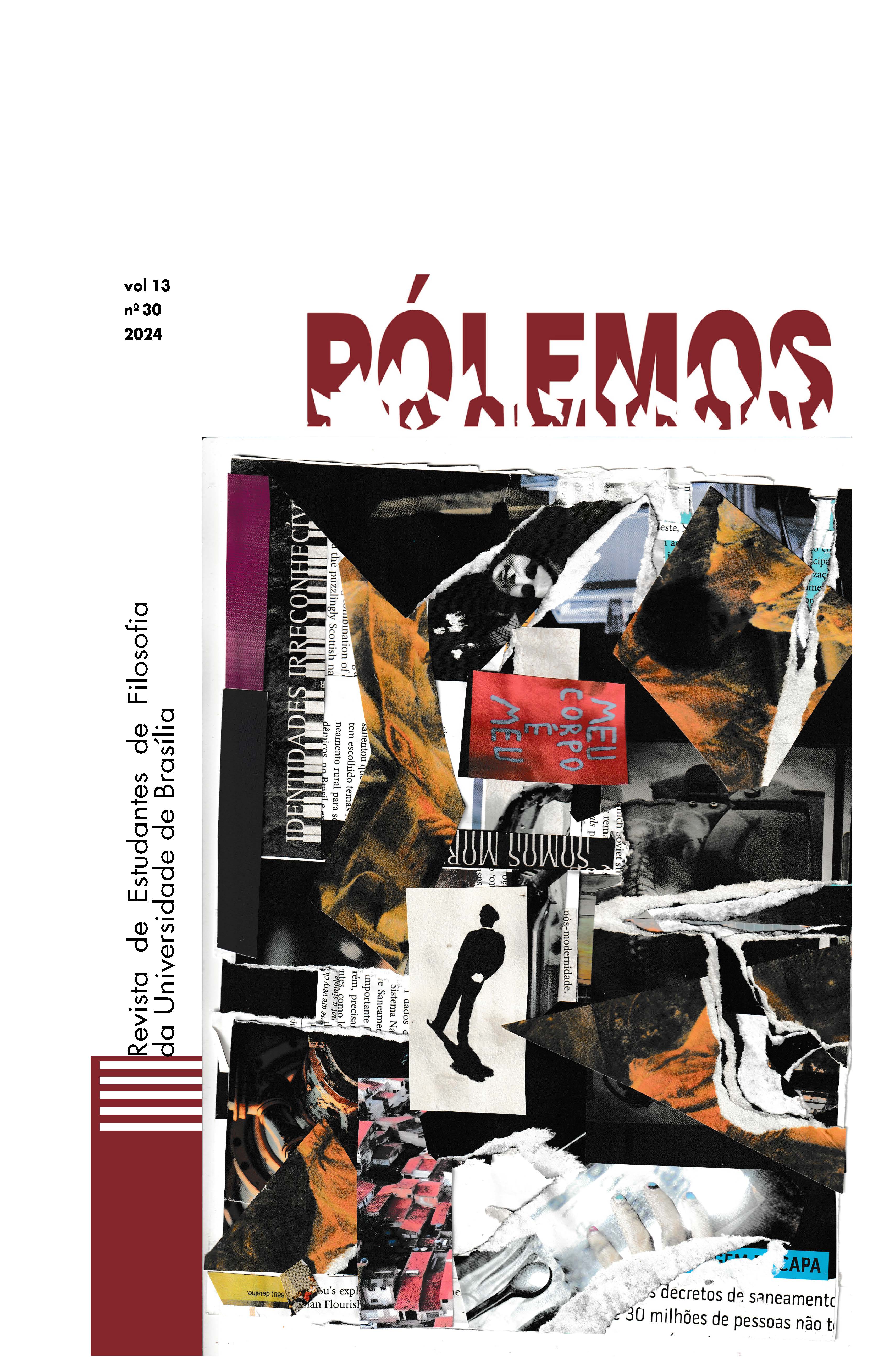THE ARTIFICIALITY OF HUMAN LIFE
philosophical reflections on Artificial Intelligence
DOI:
https://doi.org/10.26512/pl.v13i30.55530Keywords:
Artificial Intelligence. Humanity. Philosophy.Abstract
Reflecting on the problematic relationship: human beings and the various AIs that exist in our current world, this article attempts to articulate the discussion of some philosophers who analyze the topic, such as Floridi and Cowls (2019), Russell (2021) and Mbembe (2021), to understand how epistemological and ethical principles are present in the categorization of AI in the 21st century, as well as in the conception of the reduction of human beings to machinery and raw material in the relationship between Technology and Humanity. Therefore, how can ethical principles be programmed into AI if human beings in the 21st century increasingly incur a process of dehumanization and brutalization? Does AI achieve its intelligibility within the dynamics of the naturalization of social war? Based on this, the methodology is qualitative and has a bibliographical approach. In his considerations, he dialogues between the aspect of Humanity and AI, resulting in a philosophical discussion about the limits of what it means to be human.
Downloads
References
ALVES. Antonio. REFLEXÕES FILOSÓFICAS SOBRE INTELIGÊNCIA ARTIFICIAL. Revista Paranaense de Filosofia, v. 3, n. 1, p. 129–145, 2023. DOI: https://doi.org/10.33871/27639657.2023.3.1.7822.
FLORIDI, Luciano and COWLS, Josh, A. Unified Framework of Five Principles for AI in Society (September 20, 2019). DOI: http://dx.doi.org/10.2139/ssrn.3831321.
HUMBOLDT, W. Sobre a diversidade da construção das línguas humanas. Tradução de João Costa. Lisboa: Edições 70, 1998.
MEDEIROS, L. F. Inteligência artificial: uma abordagem introdutória. Curitiba: Editora Intersaberes, 2018.
MBEMBE, Achille. Brutalismo. Tradução Sebastião Salgado. São Paulo: 1ª edição; N 1 Edições, 2021.
NIETZSCHE, Friedrich. Assim falou Zaratustra. Tradução de Mário da Silva. São Paulo: Editora Escala, 2009.
ORTEGA Y GASSET, José. Meditação da técnica: vicissitudes das ciências, cacofonia na física. Trad. e prólogo de Luis Washington Vita. RJ: Ibero Americano, 1963.
RUSSELL, Stuart. Inteligência artificial a nosso favor: Como manter o controle sobre a tecnologia. Tradução Berilo Vargas — 1a ed. — São Paulo: Companhia das Letras, 2021.
SANTOS, Antônio Bispo dos. A terra dá, a terra quer. São Paulo: Abu Editora/PISEAGRAMA, 2023.
SILVA, Tarcísio. Racismo algorítmico: inteligência artificial e discriminação nas redes digitais. São Paulo: Edições Sesc São Paulo, 2022.
Downloads
Published
How to Cite
Issue
Section
License
Copyright (c) 2025 PÓLEMOS – Revista de Estudantes de Filosofia da Universidade de Brasília

This work is licensed under a Creative Commons Attribution-NonCommercial-NoDerivatives 4.0 International License.
Todos os trabalhos que forem aceitos para publicação, após o devido processo avaliativo, serão publicados sob uma licença Creative Commons, na modalidade Attribution-NonCommercial-NoDerivatives 4.0 International Public License (CC BY-NC-ND 4.0). Esta licença permite que qualquer pessoa copie e distribua a obra total e derivadas criadas a partir dela, desde que seja dado crédito (atribuição) ao autor / Ã autora / aos autores / às autoras.


